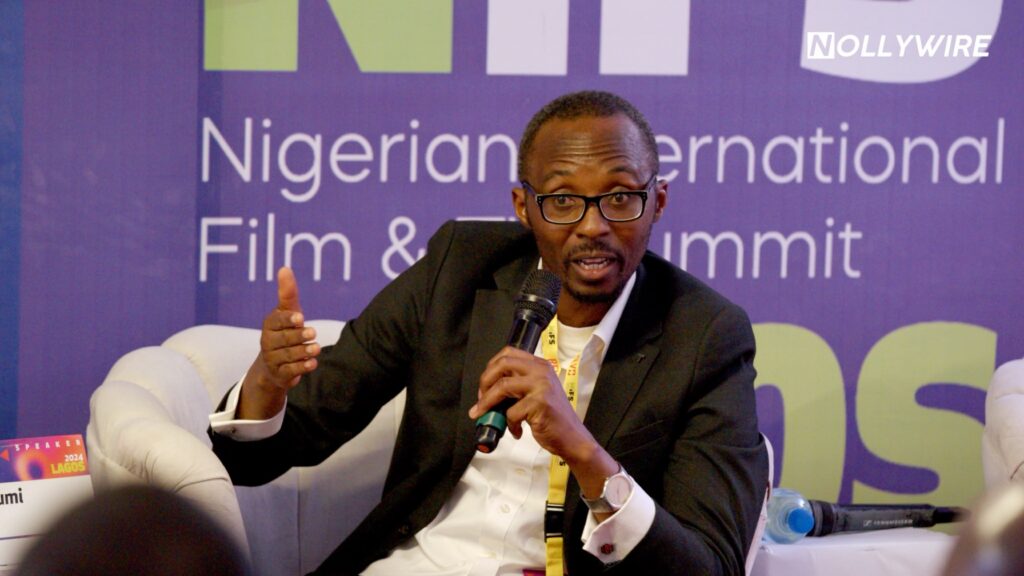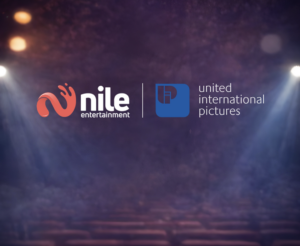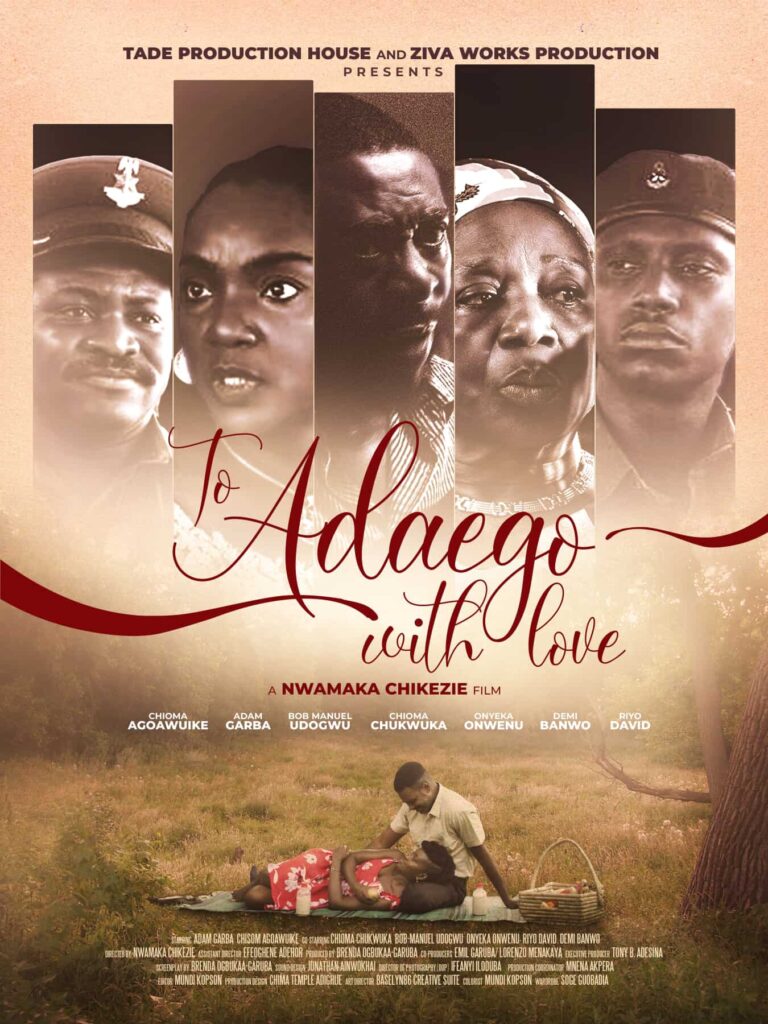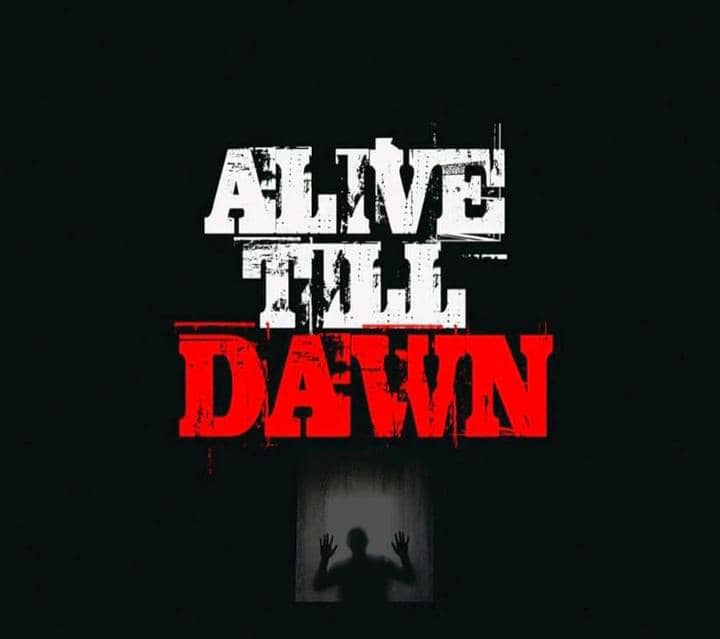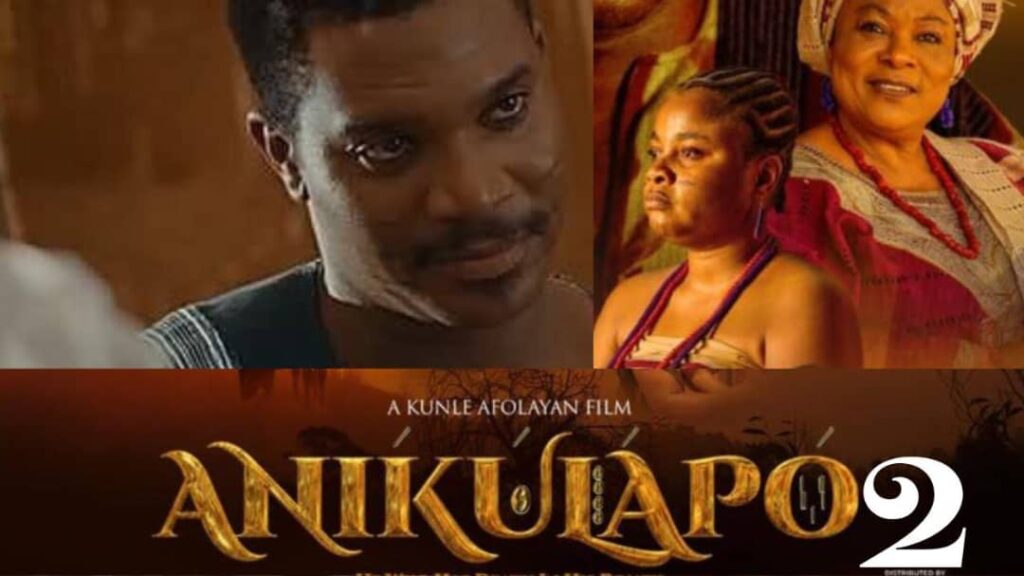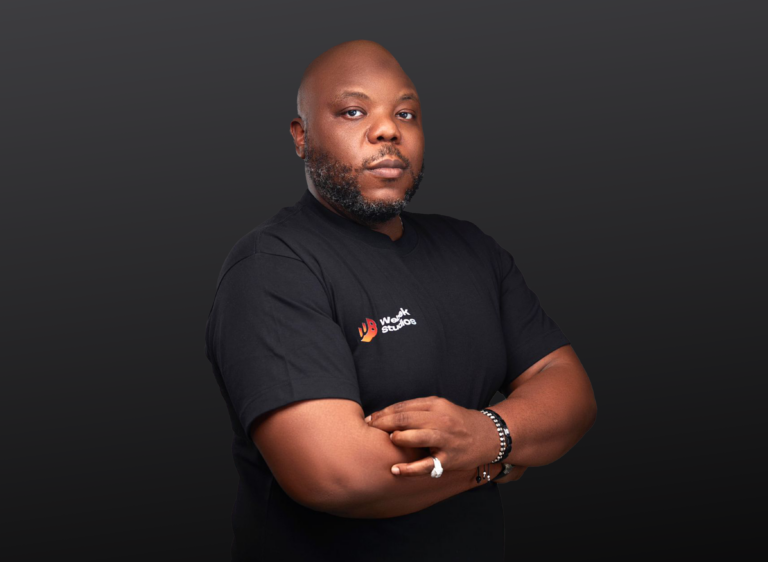Working in the film industry often presents significant challenges, moreso for those without established connections. Emerging filmmakers regularly face obstacles such as limited access to funding, networking opportunities, and industry platforms. These barriers can stifle creativity and limit the diversity of voices on screen.
For instance, many independent filmmakers struggle to secure financing due to a lack of connections. This issue is further compounded by the competitive nature of film festivals and distribution channels, which often favour established names over newcomers.
As a result, talented individuals with unique perspectives are frequently overlooked simply because they lack the necessary industry ties. However, there is a growing movement recognising the need for a systemic change.
Initiatives like Film Lab Africa, an initiative backed by the British Council Nigeria, are working to address these challenges.
Olasunkanmi Adebayo, Principal Delivery Partner at Film Lab Africa, recently shared critical insights into the barriers aspiring filmmakers face and proposed solutions to create a more inclusive and accessible industry.
For many without the right access, the path to success is riddled with challenges. Adebayo highlights a key issue: “Many talented filmmakers struggle because they lack access to resources or knowledge about finance and production.” This comment underscores a systemic problem—the lack of structured support for those outside established networks.
Film labs and support organisations like Film Lab Africa play a vital role in addressing these gaps. “We provide more than just financial aid,” Adebayo explains. “We guide filmmakers on how to structure their projects and present them professionally.” This comprehensive support goes beyond funding, equipping filmmakers with the skills and knowledge they need to succeed.
Yet disparities persist. Adebayo notes, “For every two filmmakers who understand the process, there are 20 others who still need that knowledge.” This gap reflects a broader issue—many aspiring filmmakers lack access to essential resources and education.
The absence of standardised film education compounds these challenges. “We don’t have a standard film school or a comprehensive curriculum,” Adebayo points out. “Instead, various academies offer fragmented versions of film education.” This lack of formal education forces many aspiring filmmakers to rely on informal learning and apprenticeships, which may not provide the depth of knowledge needed for success.
Addressing these challenges requires a multifaceted approach. Expanding access to formal education, improving mentorship opportunities, and creating structured support systems are crucial. “It’s about creating an environment where filmmakers can thrive, regardless of their background or connections,” Adebayo emphasises. “We need to build more bridges, not walls.”
Mentorship, in particular, plays a critical role. “Mentorship can make a huge difference,” Adebayo underscores. “It’s about learning from those who have been through the trenches and can offer practical advice.” Effective mentorship programs, like those at Film Lab Africa, provide aspiring filmmakers with valuable insights and hands-on skills.
Breaking down the barriers faced by emerging filmmakers requires more than financial aid. Film Lab Africa’s approach, as outlined by Olasunkanmi Adebayo, stresses the importance of mentorship and structured education. By focussing on these areas, the industry can create a more level playing field, allowing fresh talent to emerge and share their unique perspectives. This shift towards inclusivity will be crucial in fostering a richer, more diverse film landscape.

